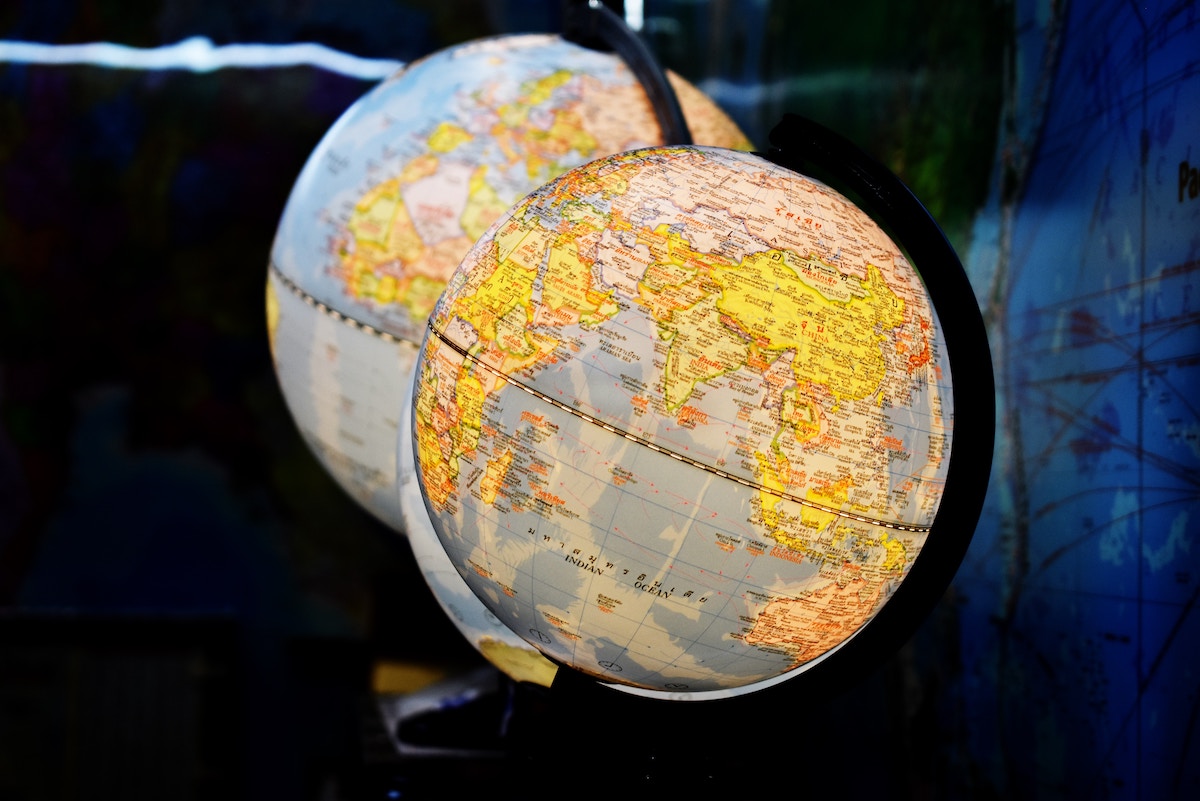A global crypto policy will be presented at this weekend’s G20 summit. This joint paper, a collaboration between the Financial Stability Board (FSB) and the International Monetary Fund (IMF), was announced by FSB Chair Klaas Knot in a letter on 5 September.
The paper’s primary focus is to identify risks from the crypto industry and provide a roadmap for implementing regulation. Global coordination is said to be key to this approach.
The request for this paper came from India, which is currently holding the G20 presidency until December.
This paper was said to be needed after the increasing risks associated with the crypto industry. Recent events, such as the bankruptcy of the FTX crypto exchange and the collapse of the TerraUSD stablecoin, have highlighted the industry’s vulnerabilities, according to the FSB.
Knot’s letter emphasised the importance of monitoring these vulnerabilities, especially given the growing connections between the crypto world and the broader financial system.
A new global crypto approach
The paper is being written by the global standard setter FSB and the global economic agency IMF. It aims to shed light on the heightened macrofinancial risks that both emerging markets and developed economies could face.
The roadmap also outlines plans for future work on policy framework implementation beyond G20 jurisdictions and addressing data gaps. “Global coordination, cooperation, and information sharing” was said to be essential for this.
“The risks of crypto-assets are not confined to financial stability, but can also include macroeconomic risks relating to monetary sovereignty, capital flow volatility, and fiscal policy,” Knot wrote in the letter.
The paper’s recommendations are viewed as a significant step forward. They aim to foster “consistent global regulatory and supervisory approaches,” grounded in the principle of “same activity, same risk, same regulation.” This principle promotes a level playing field and a technology-neutral stance.
The FSB and IMF are now collaborating with international organisations and standard setters to ensure these recommendations are adopted.
India’s call for action
India’s finance minister Nirmala Sitharaman spoke on 5 September about the ongoing discussions regarding this global framework for regulating crypto assets.
The minister emphasised that effective regulation of cryptocurrencies would require the cooperation of all countries.
Sitharaman, during an event in Mumbai, said: “India’s (G20) presidency has put on the table key issues related to regulating or understanding that there should be a framework for handling issues related to crypto assets.”
FSB’s previous call for global crypto regulation
The FSB’s advocacy for a global framework is not new. They made a similar call in July, publishing recommendations that said entirely new rules might not be necessary.
The focus was on tighter rules to protect crypto clients’ assets and prevent conflicts of interest, especially after a challenging year for the crypto industry.
The FSB, which includes regulators from jurisdictions like the US, EU, China, and the UK, shared recommendations for “consistent and comprehensive” regulation of the sector.
However, there are varying approaches to crypto around the world. The European Union, for example, has introduced the Markets in Crypto Assets regulation. Meanwhile, the U.S. Securities and Exchange Commission (SEC) believes that existing, older rules designed for traditional financial instruments can be applied to the crypto sector.


